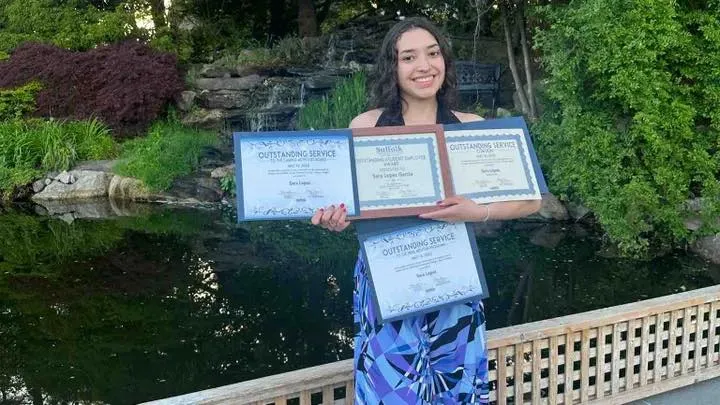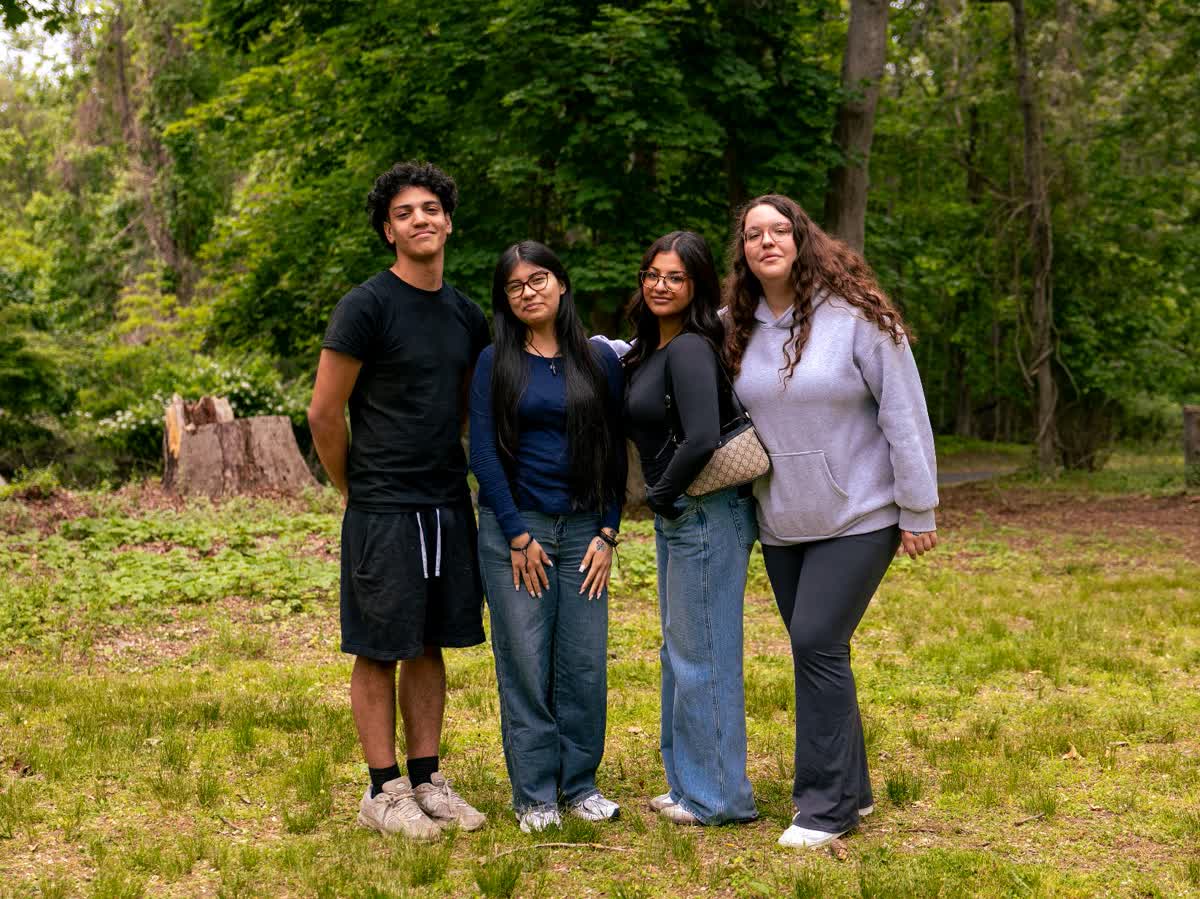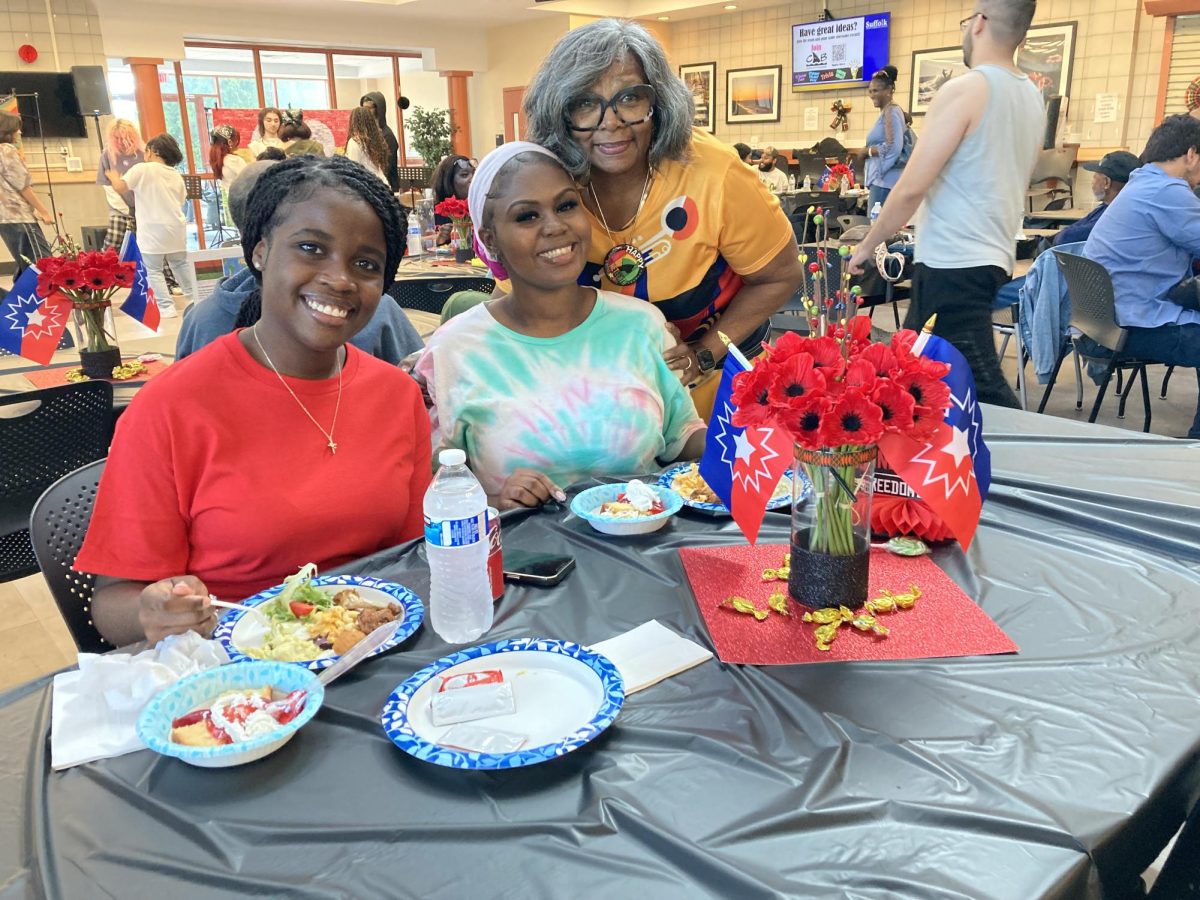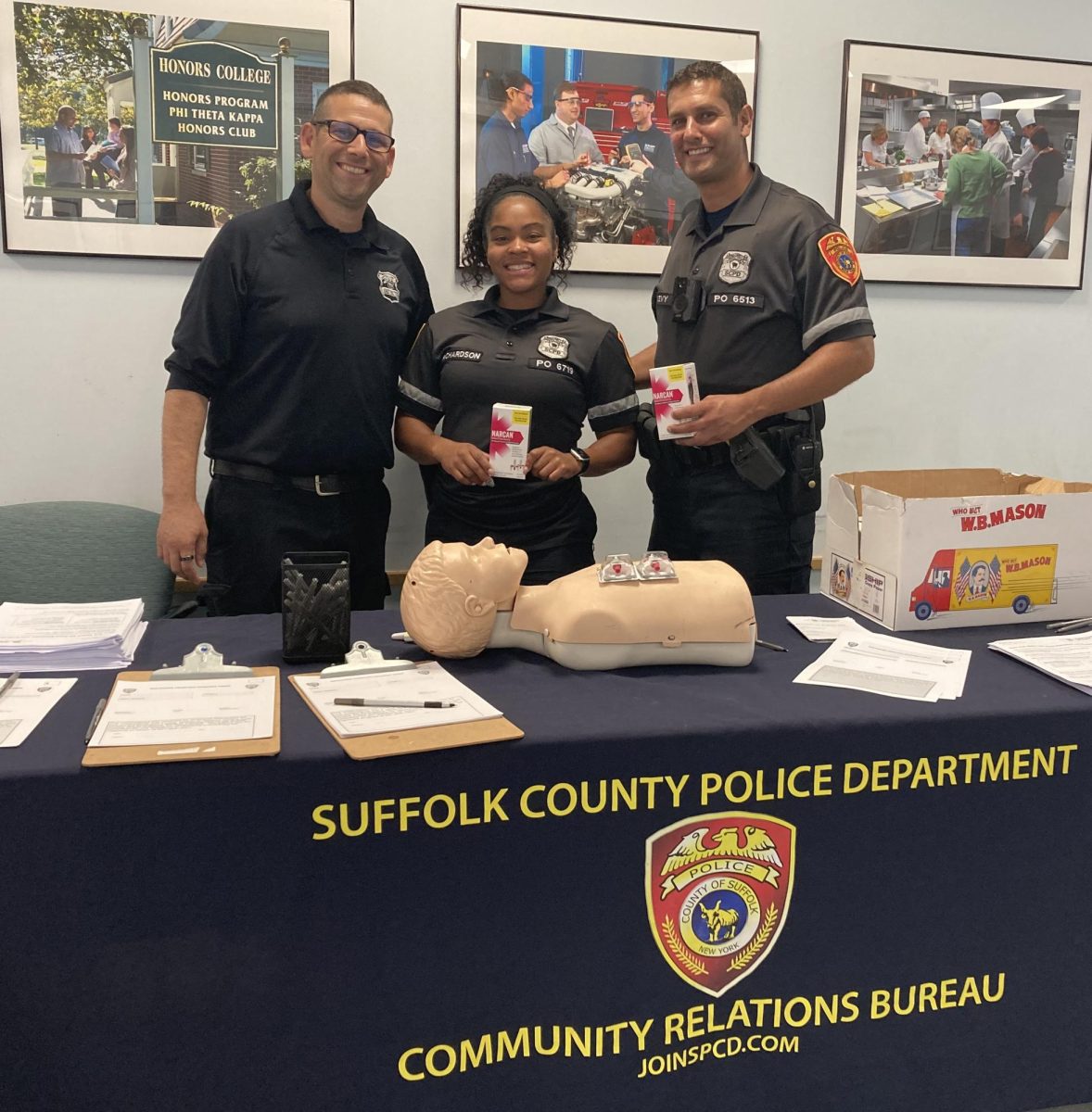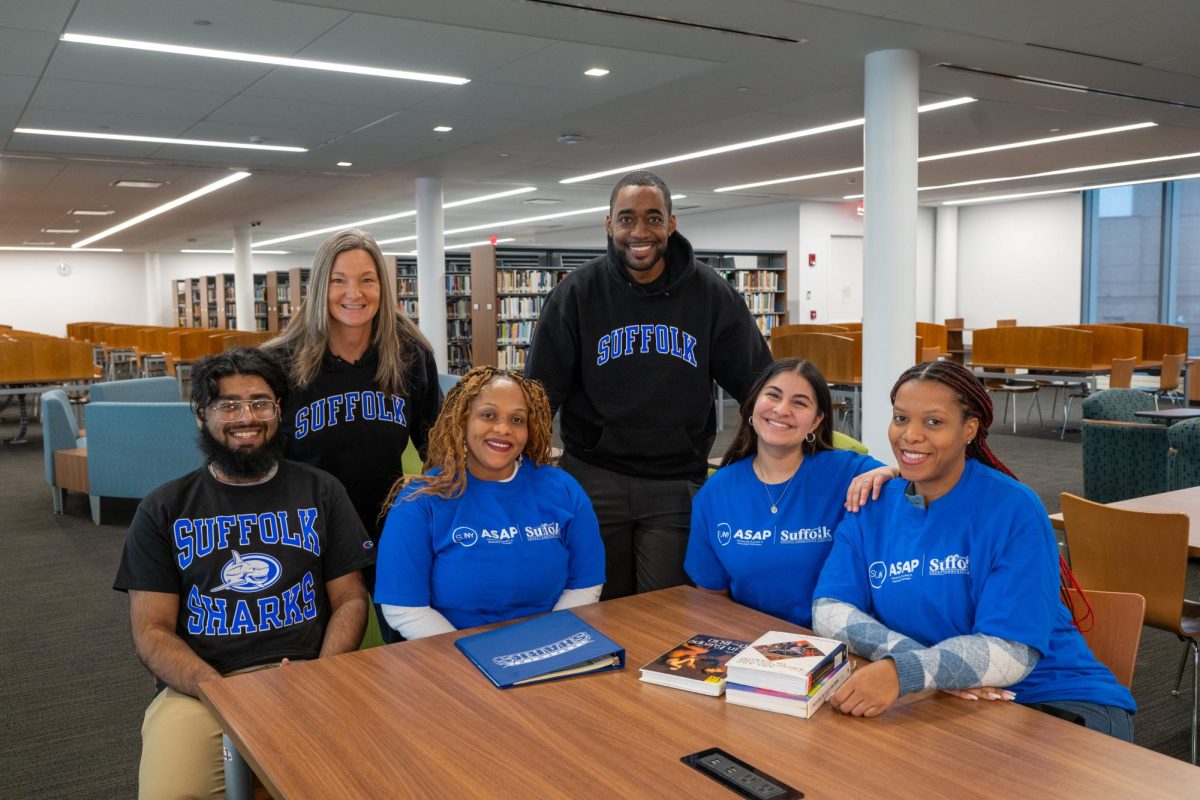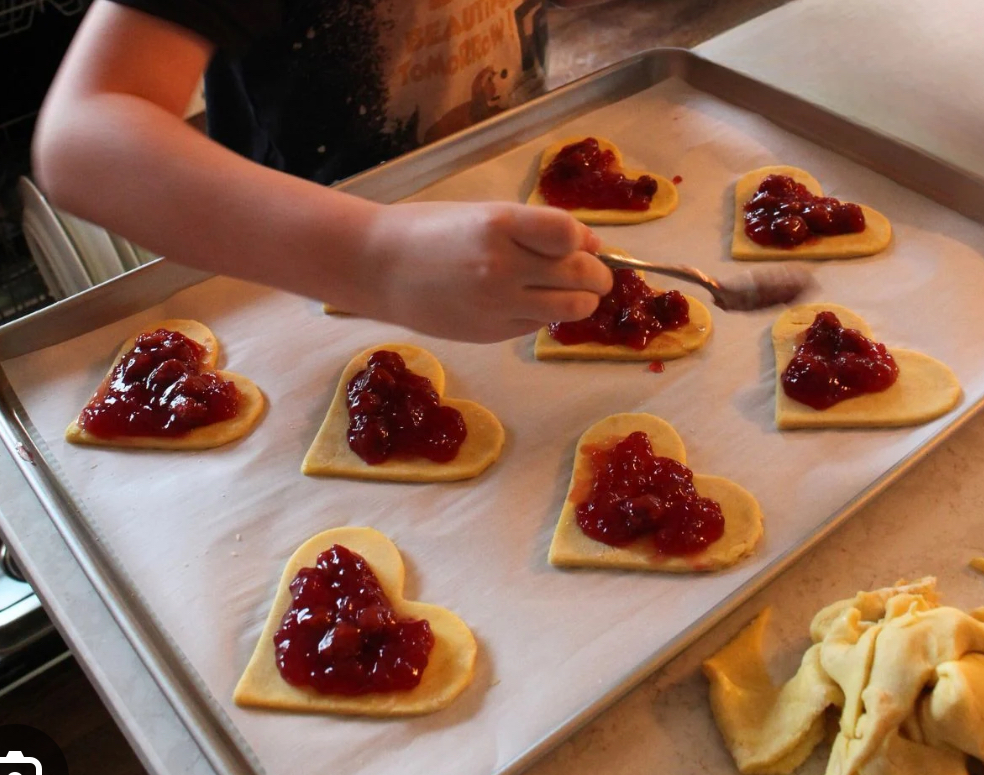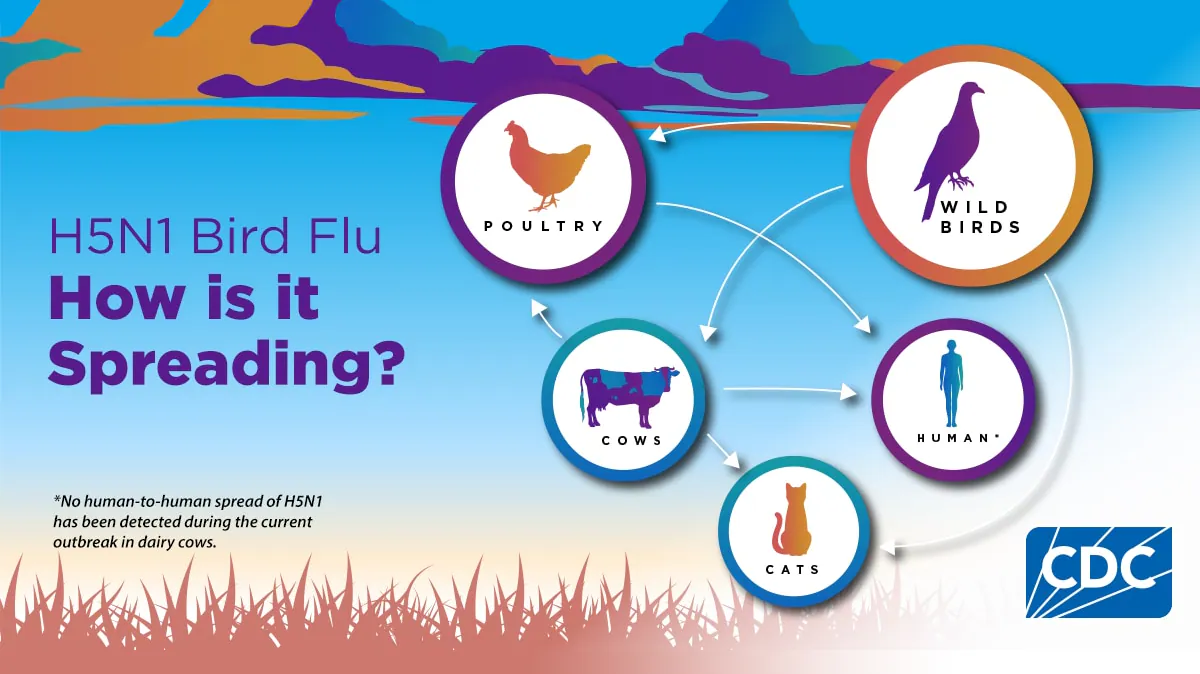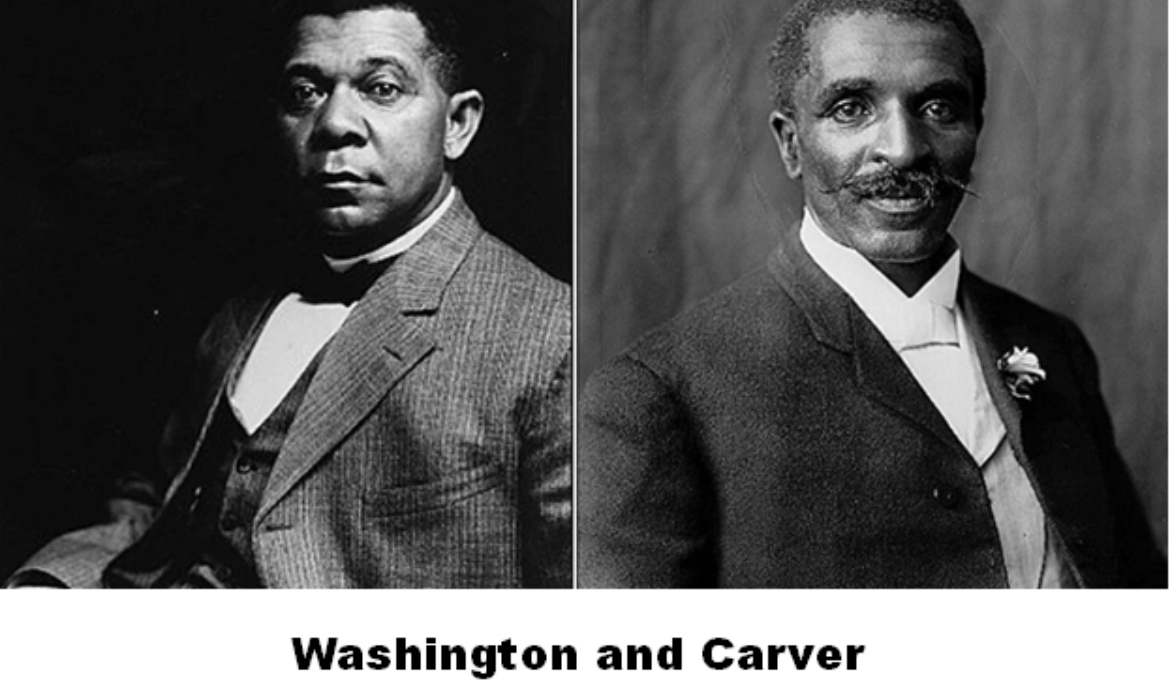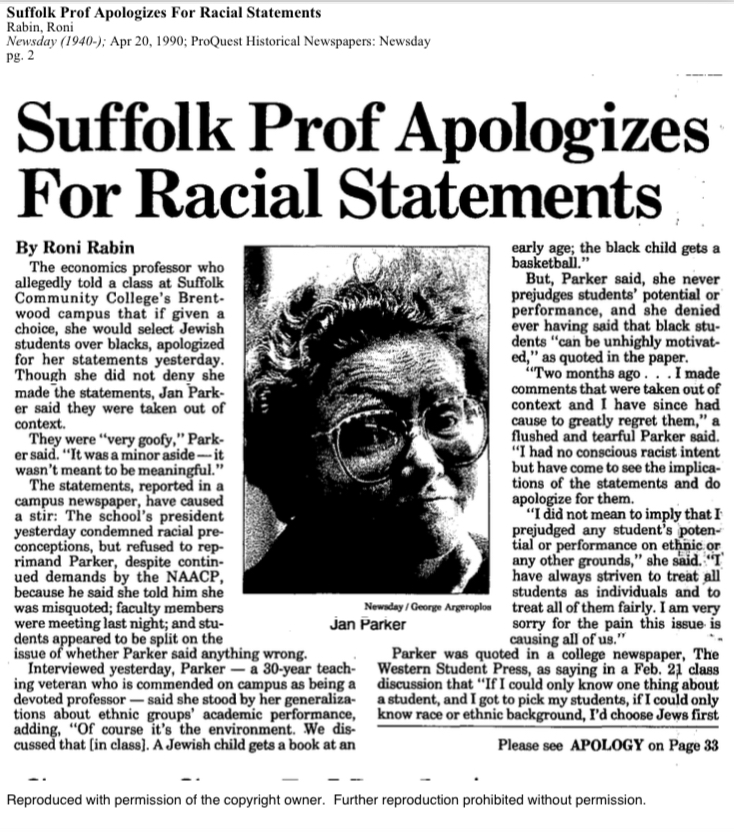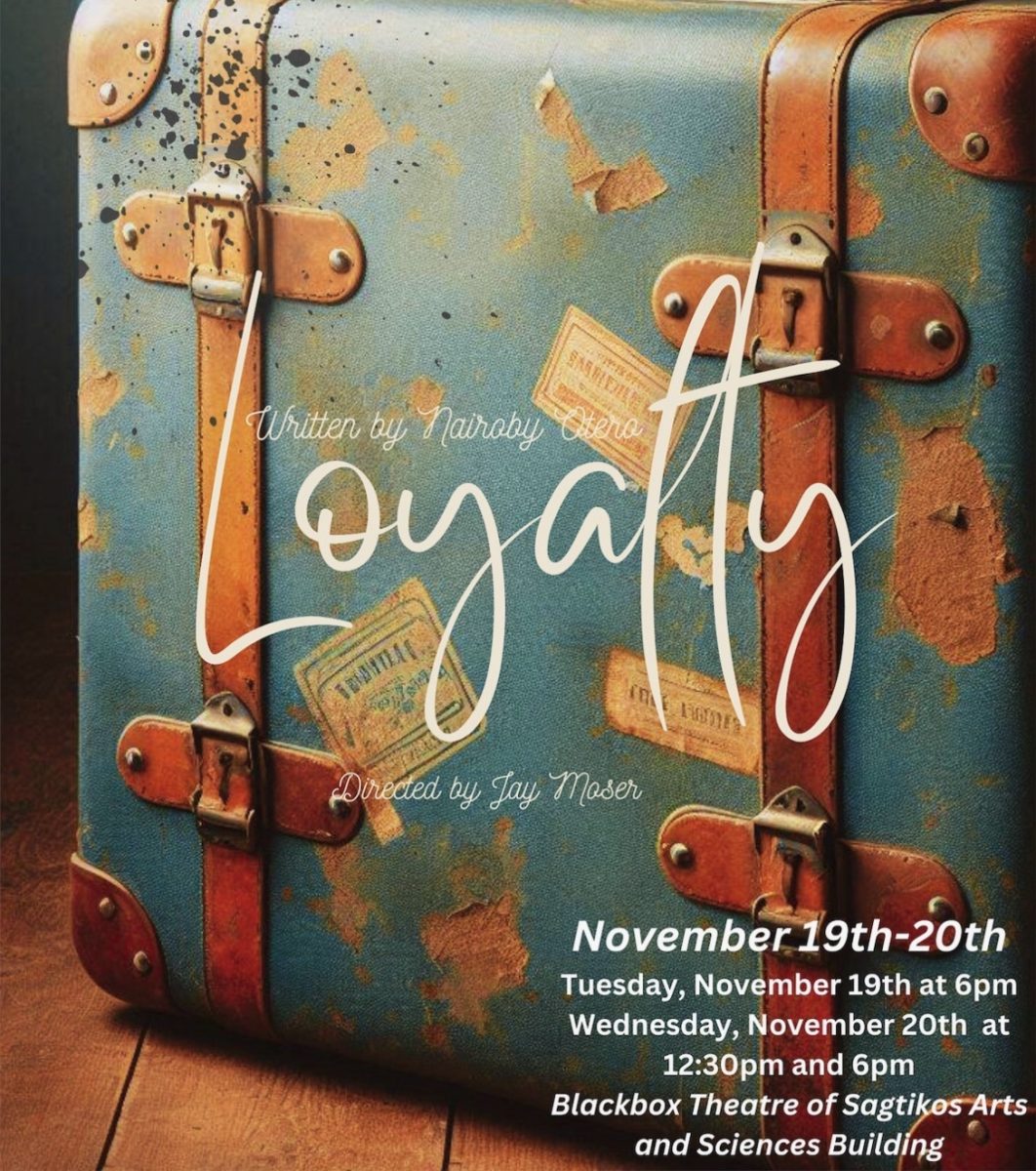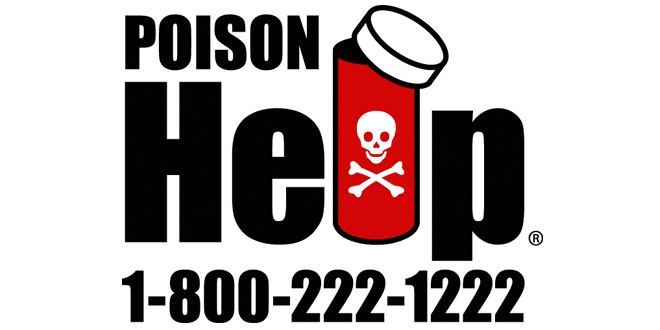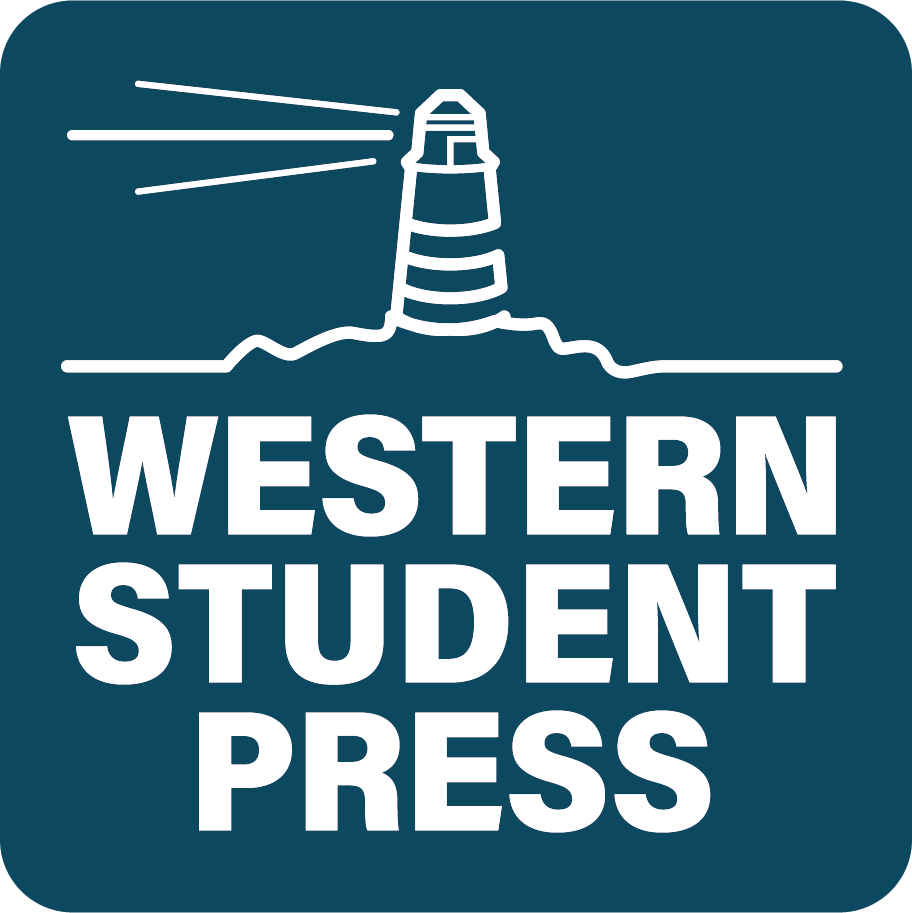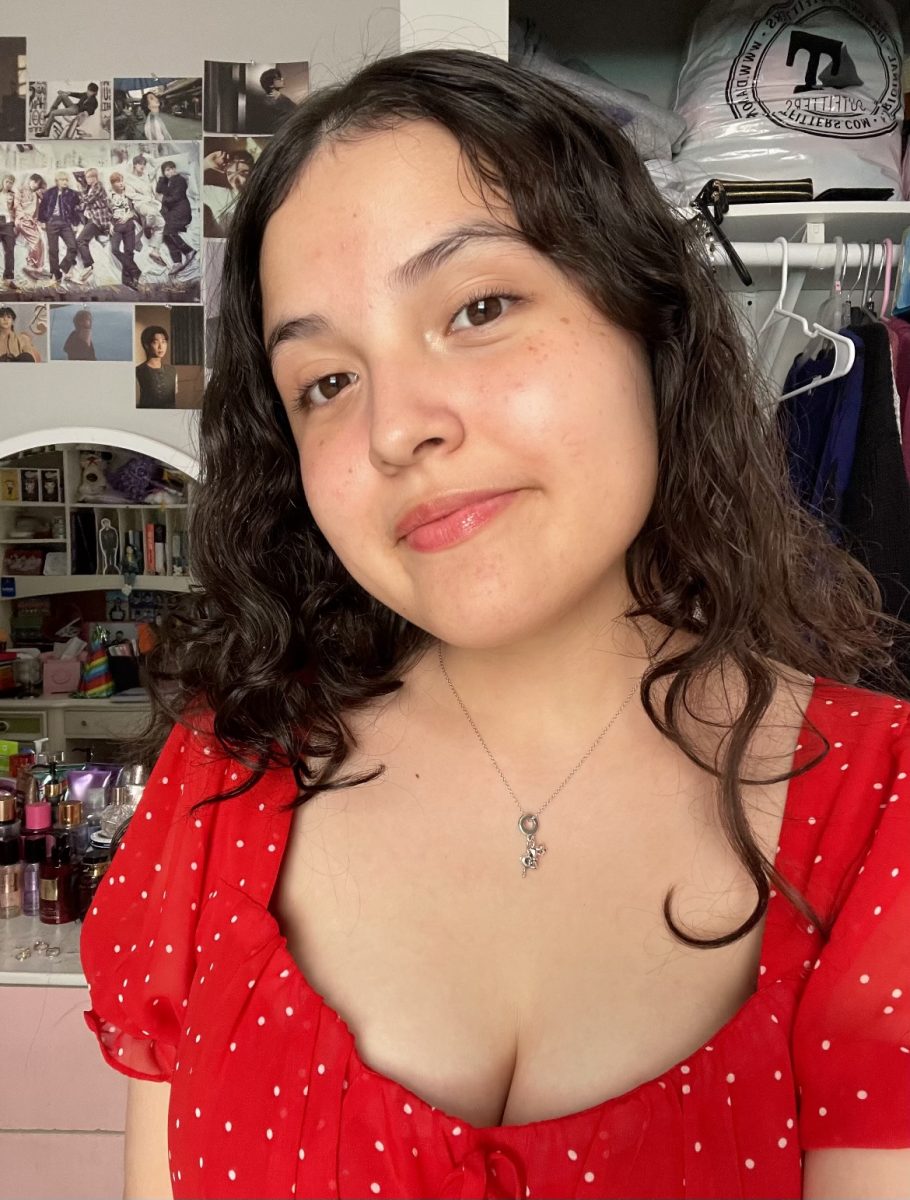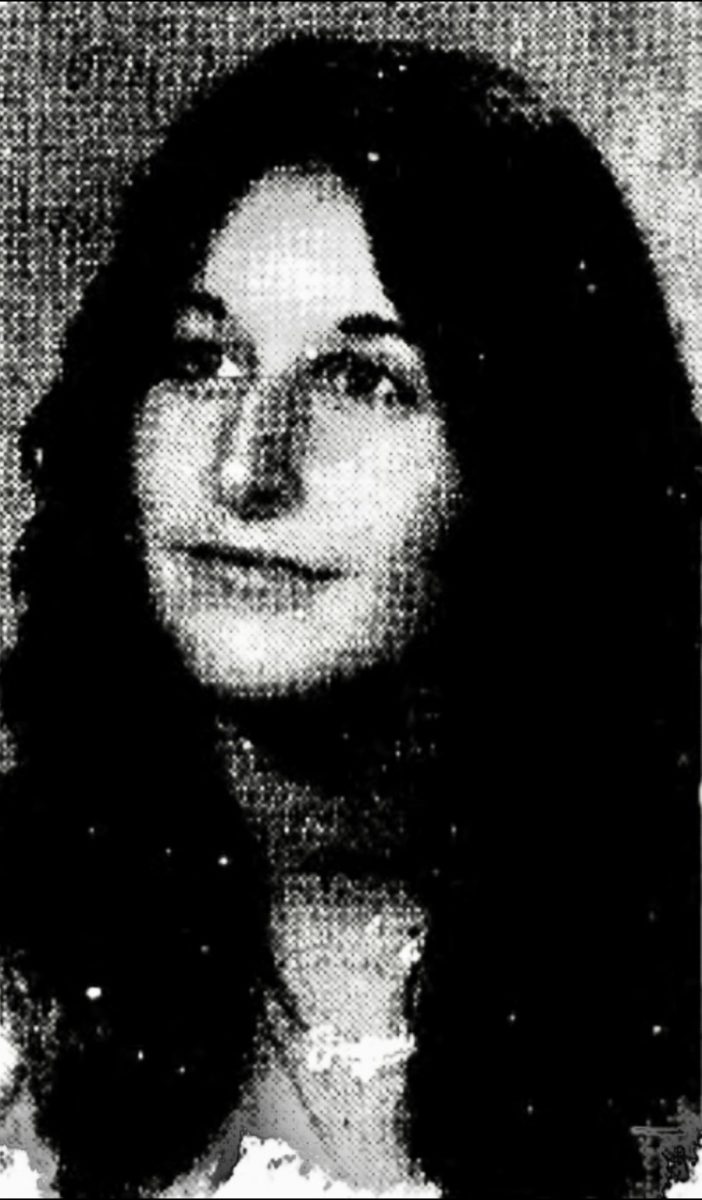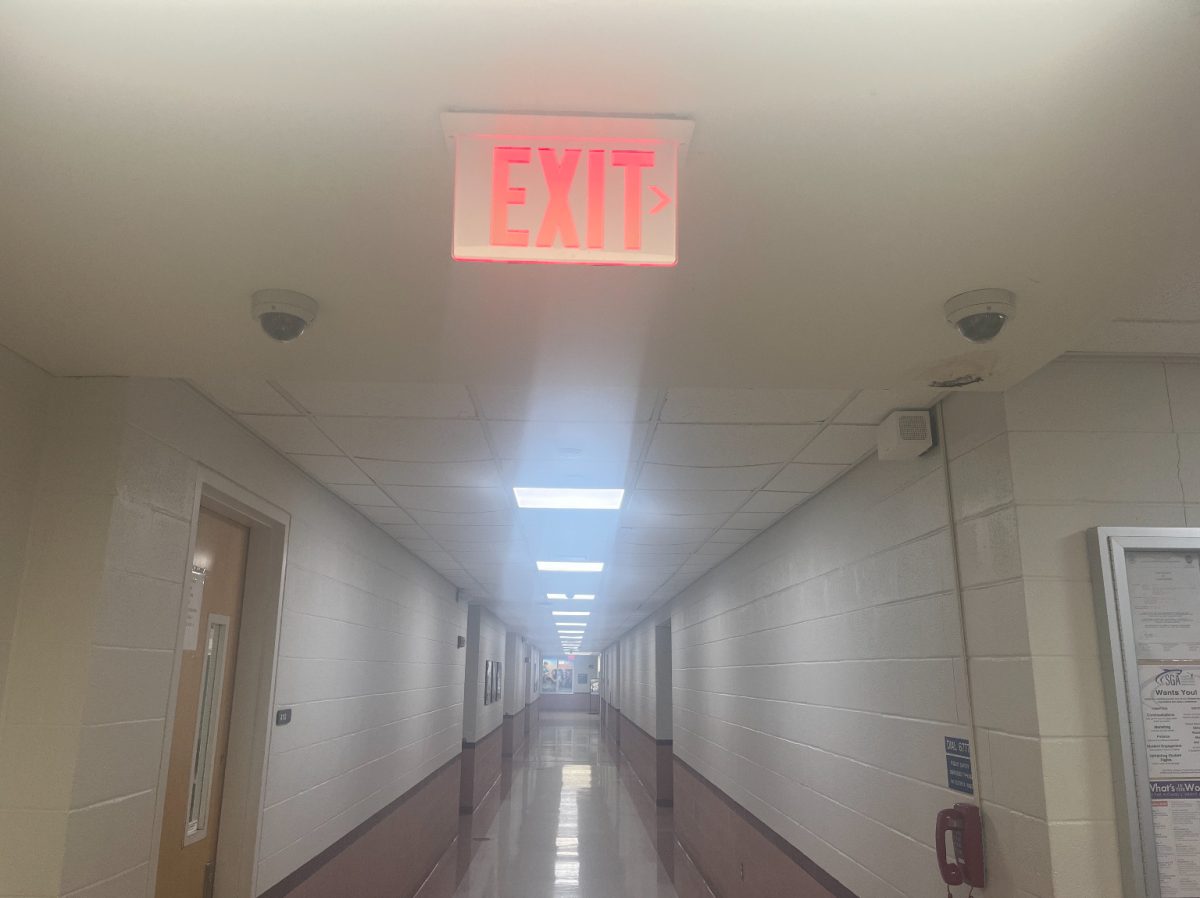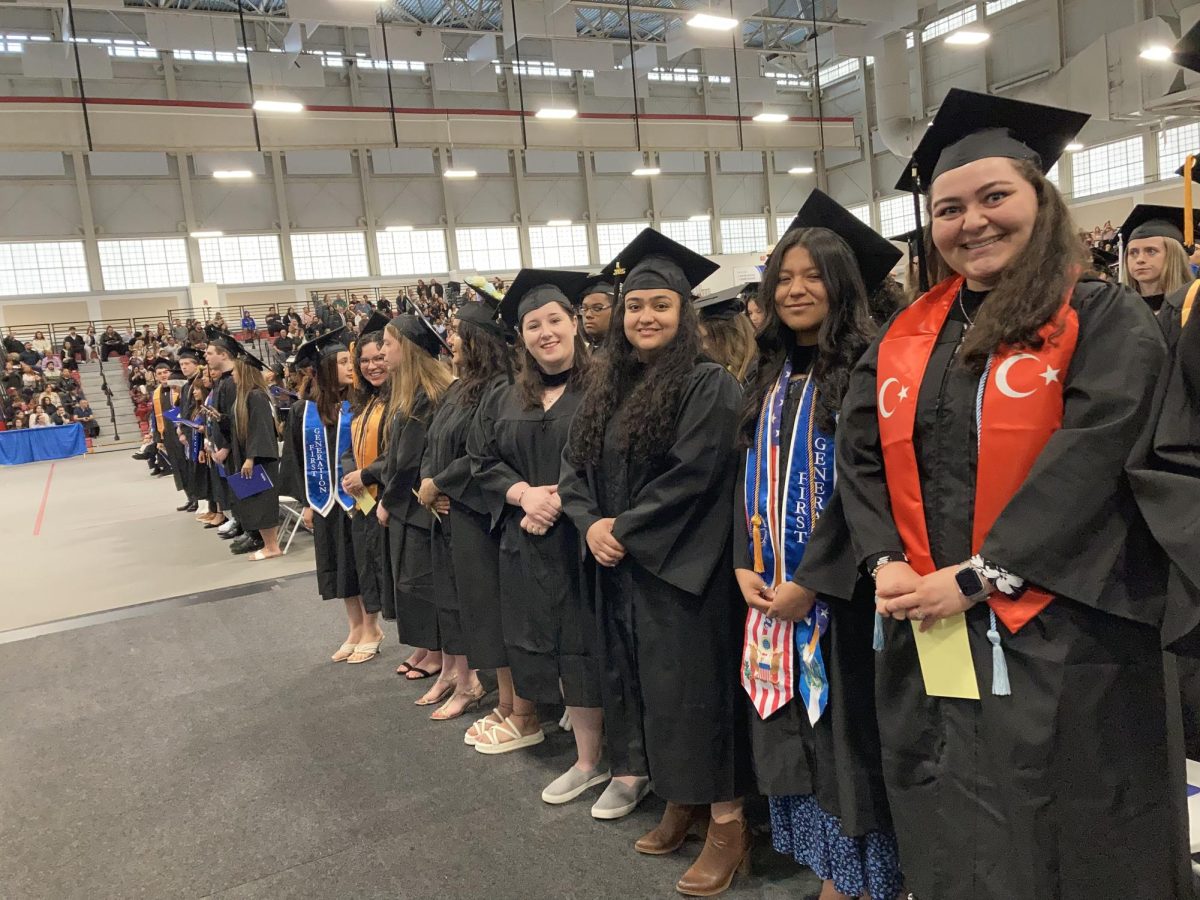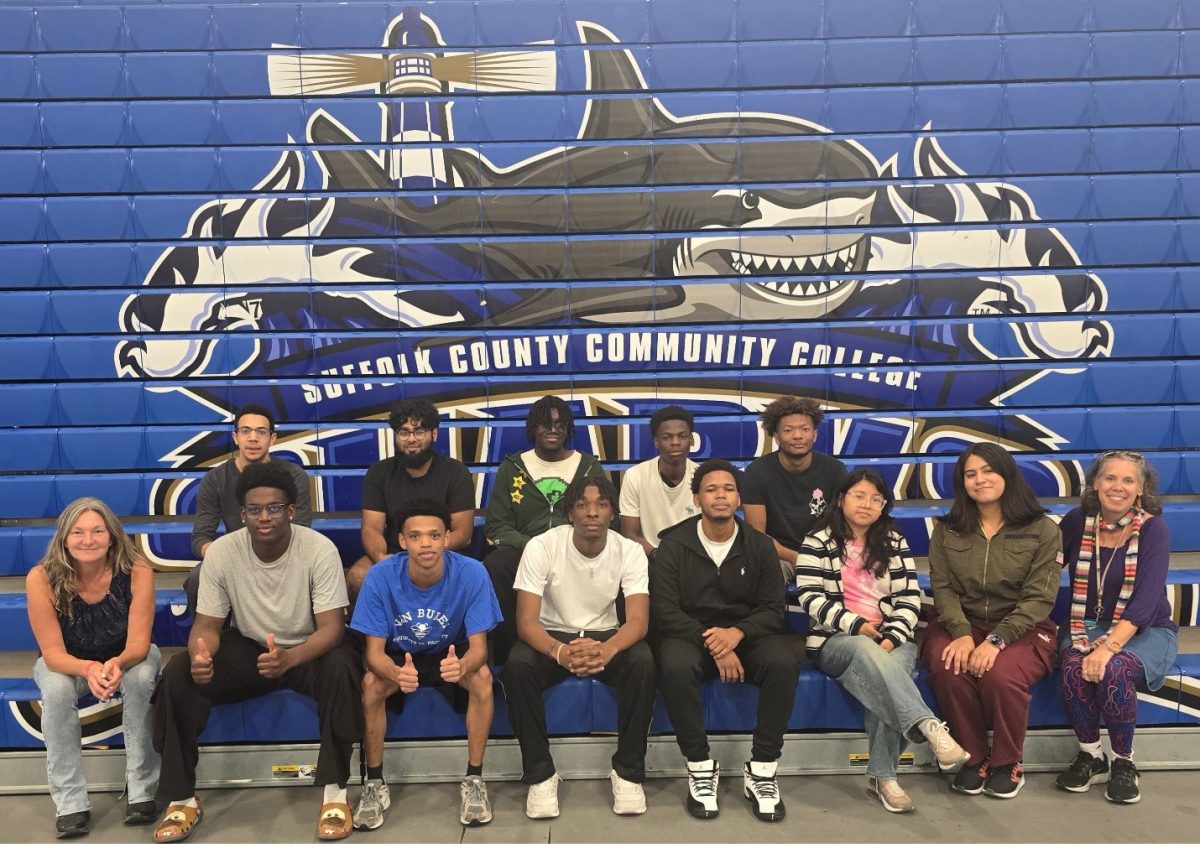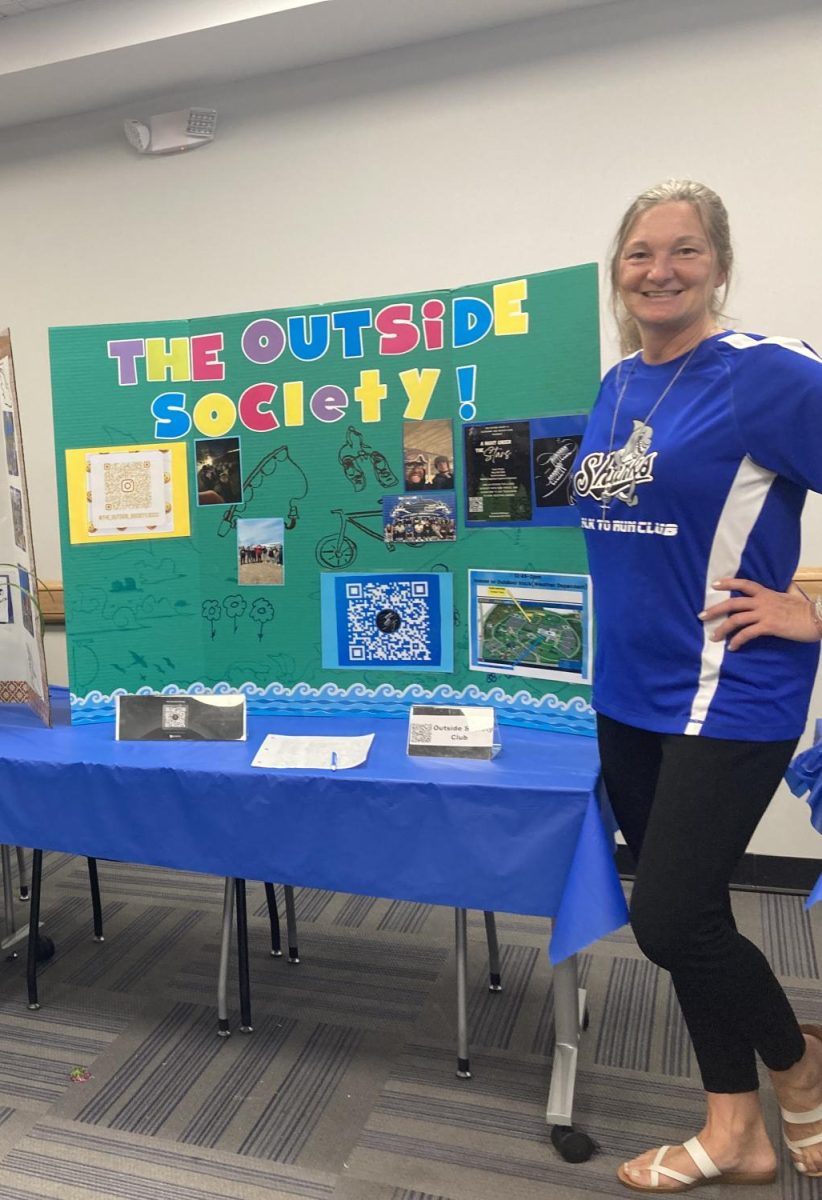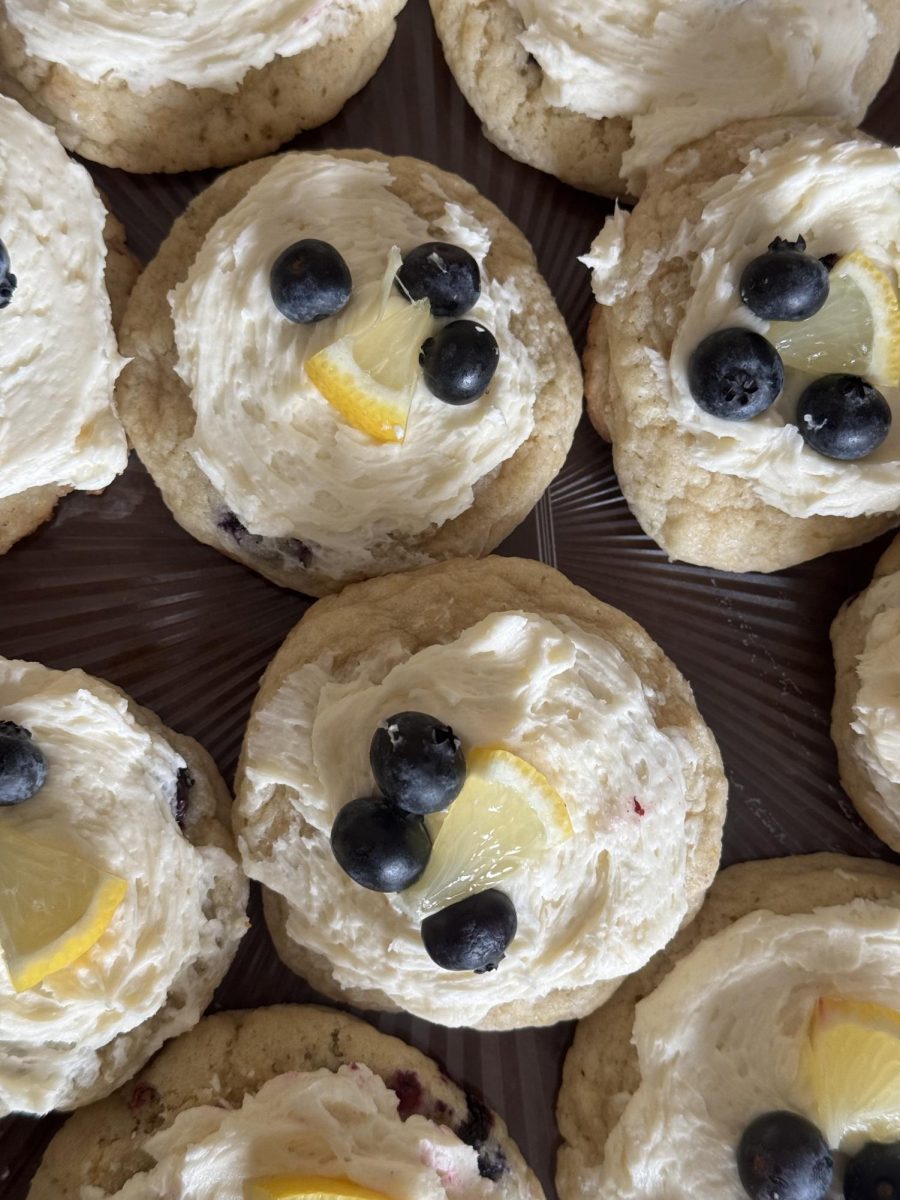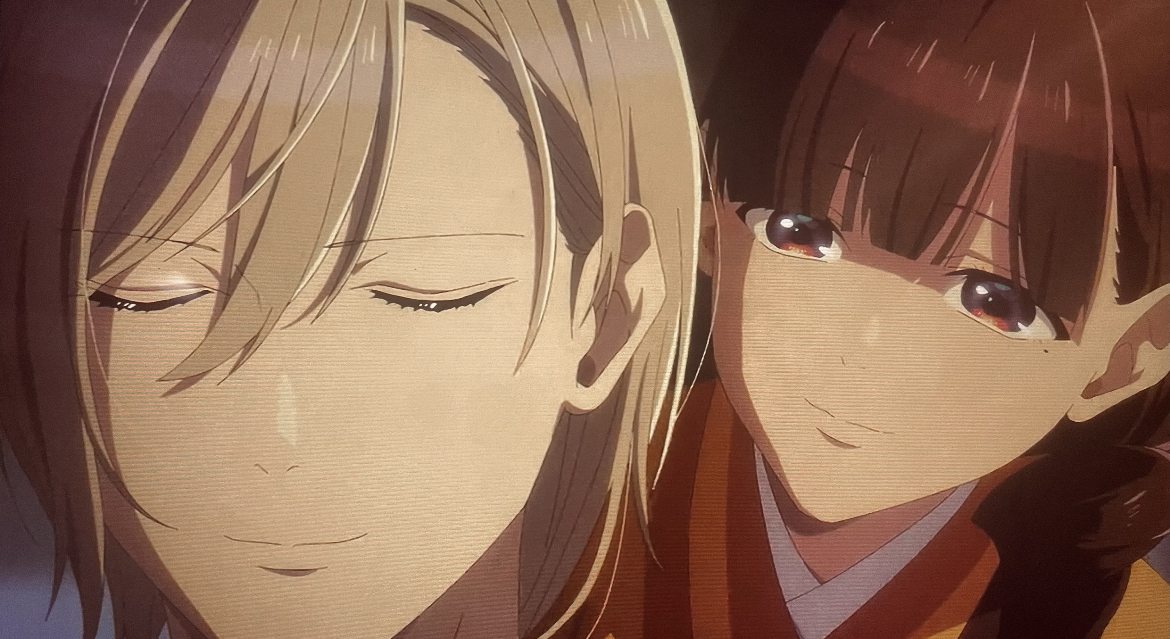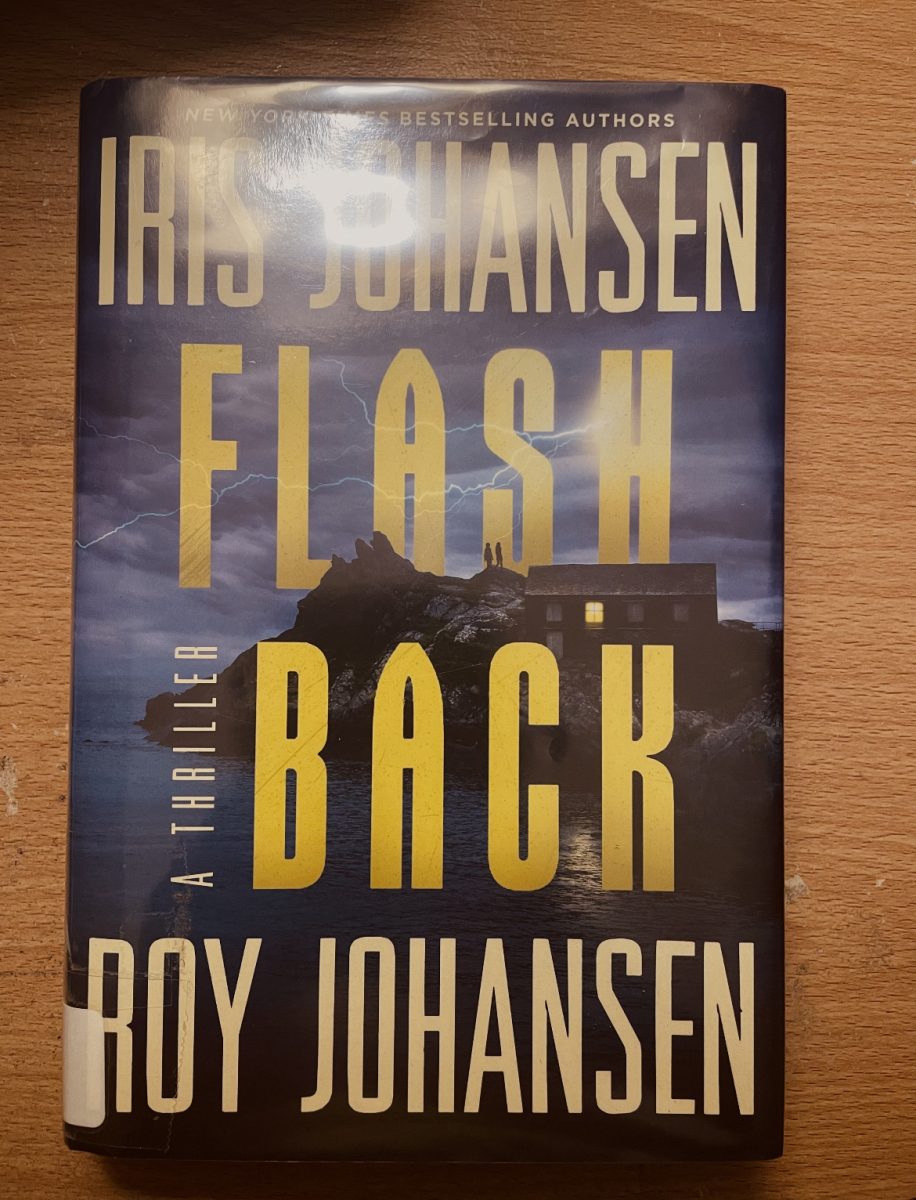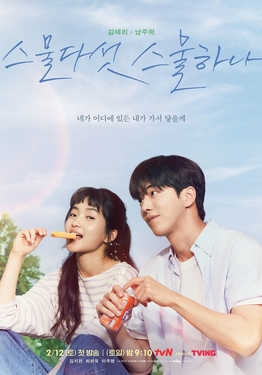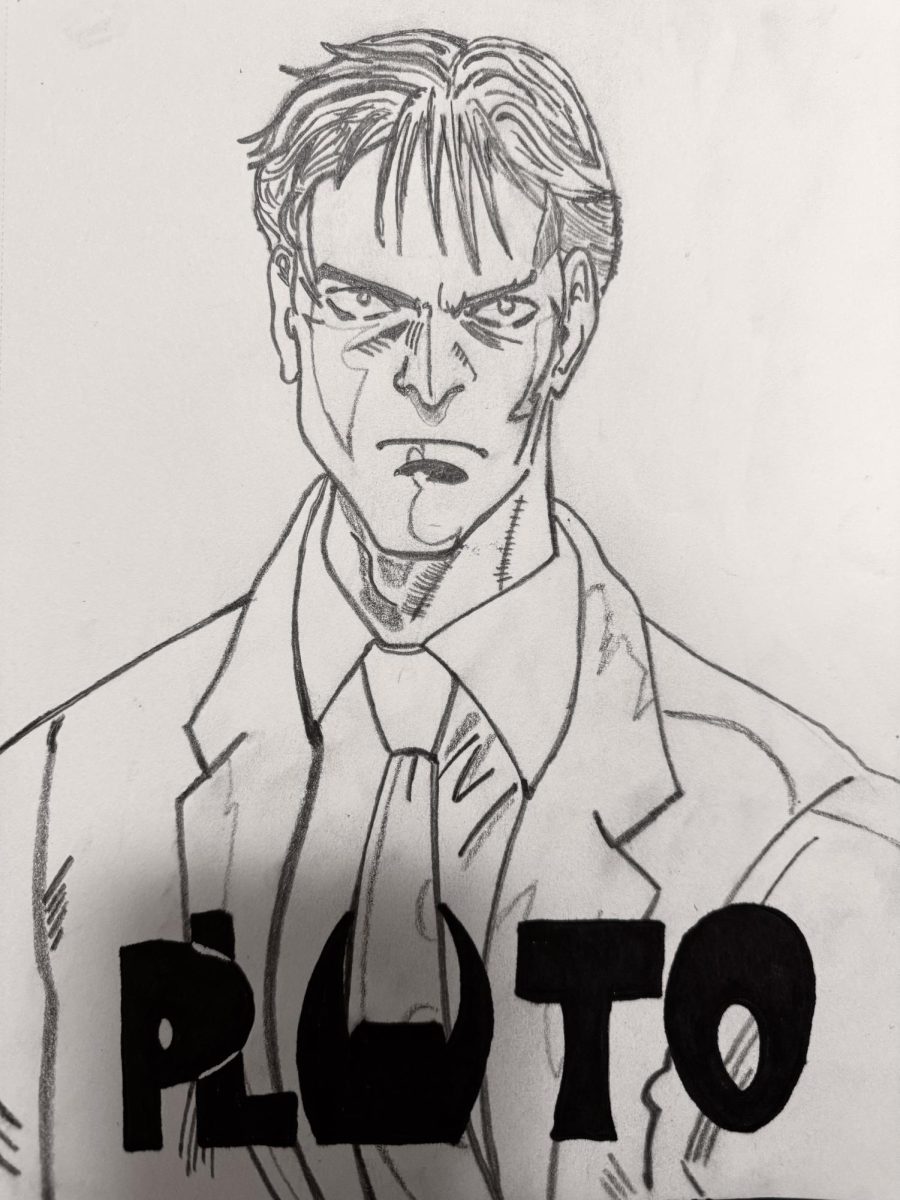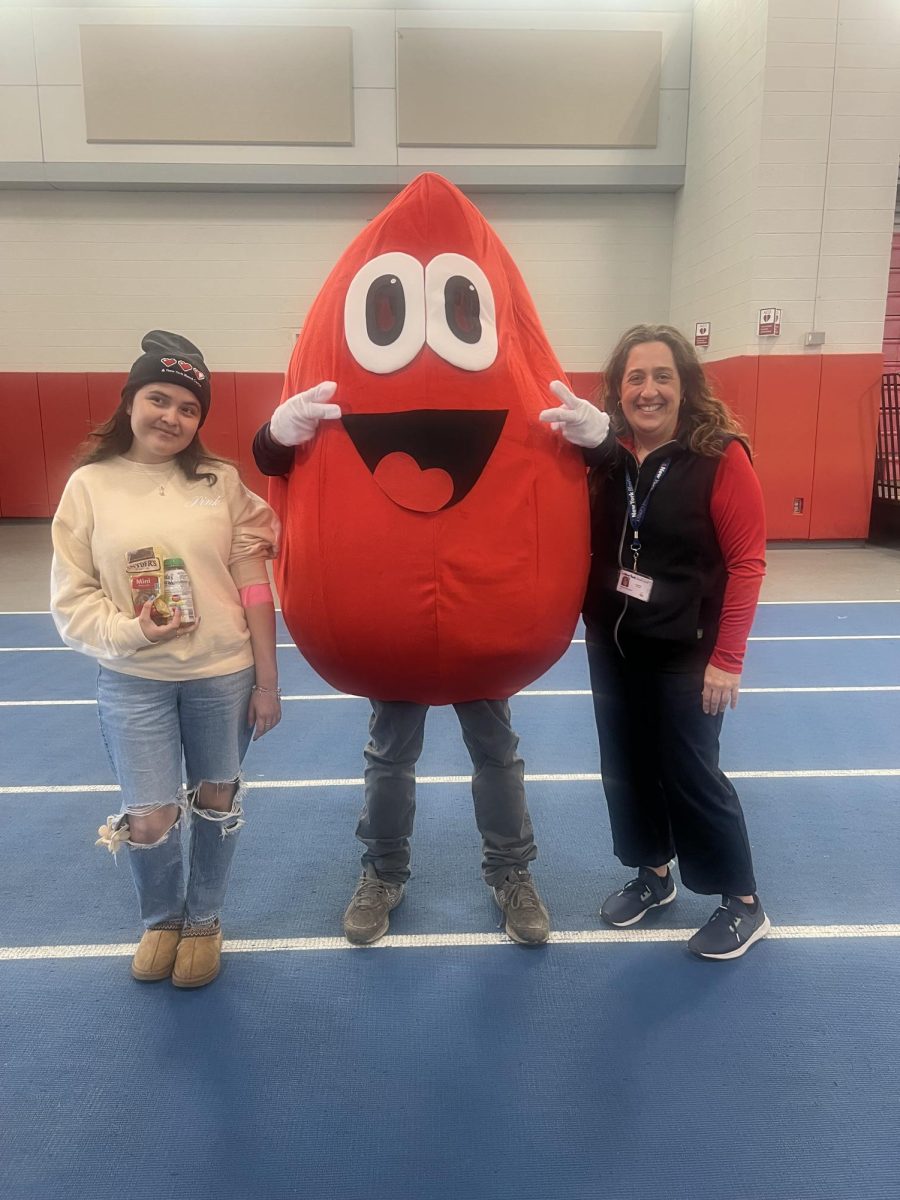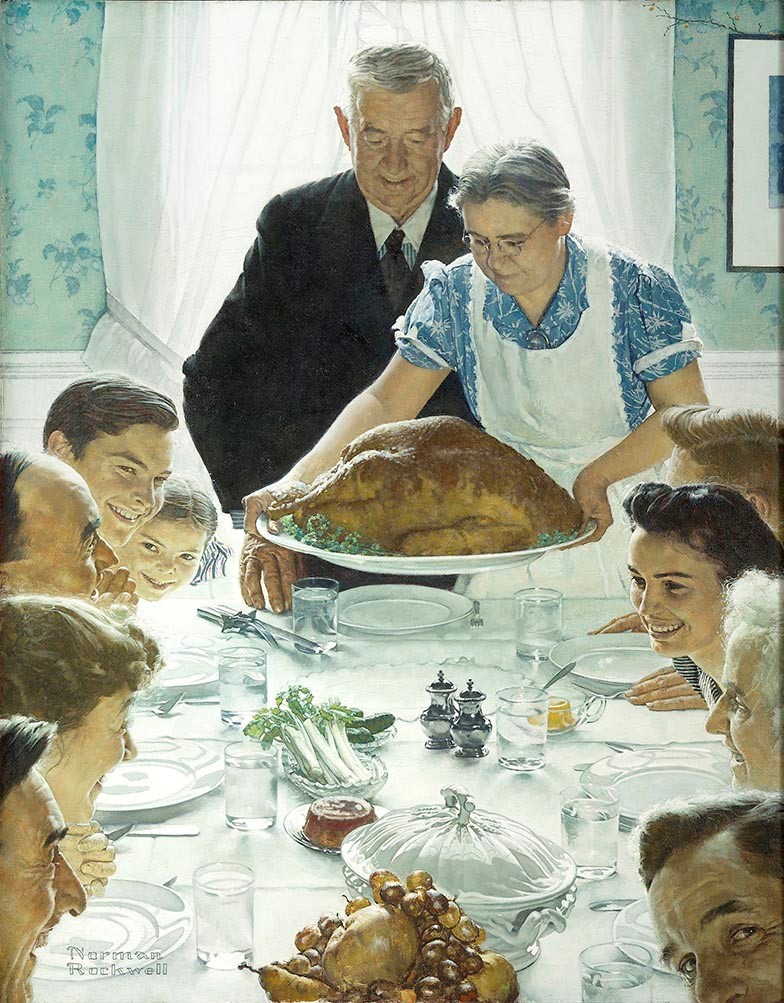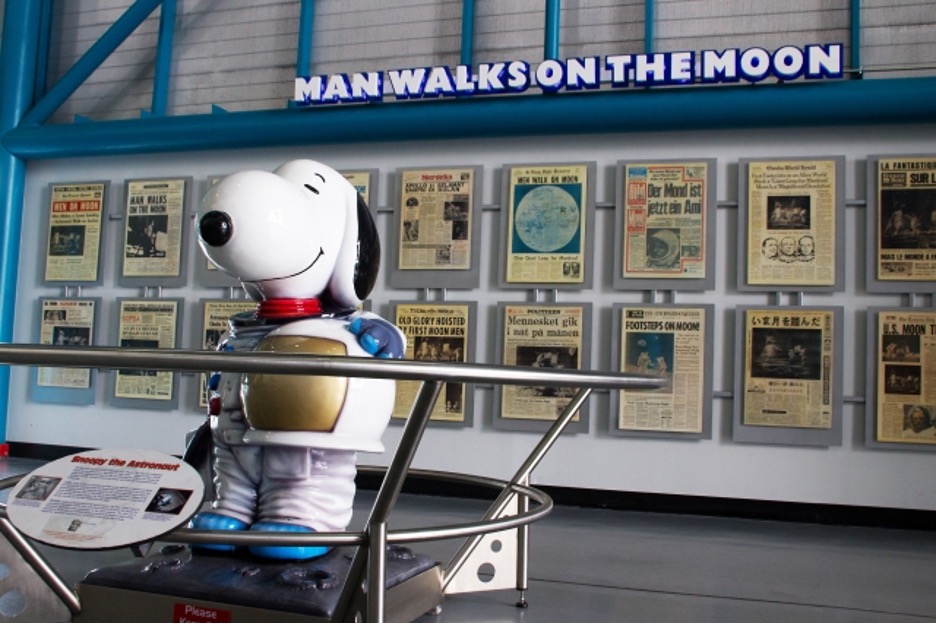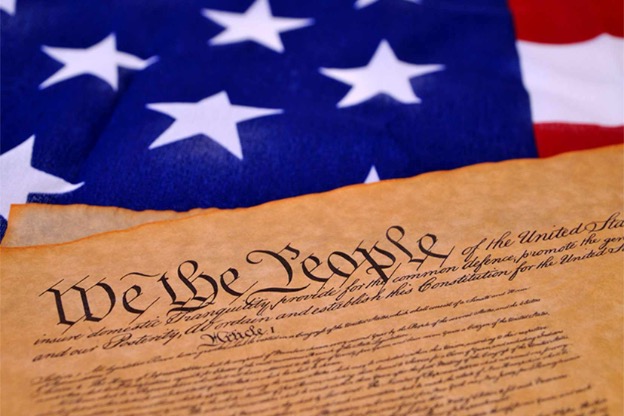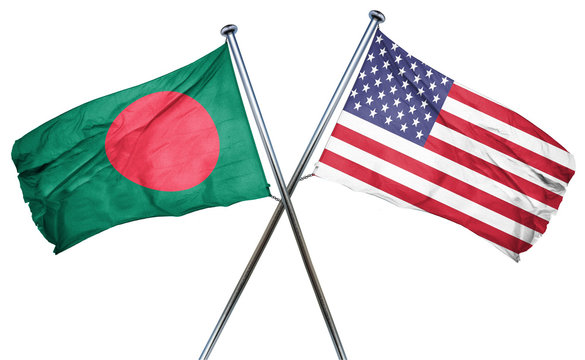
In my experience, being the son of immigrant parents from Bangladesh has its ups and downs. My parents made the brave move to relocate here with me and my sister back in 2009. They had some basic English skills and education comparable to that in the US. In Bangladesh, they were lawyers, which I deeply appreciate because it provided us with a comfortable life. I was particularly thrilled when my dad connected with a political figure, the prime minister of Bangladesh, especially since I’m passionate about world and US politics.
Life in Bangladesh, especially for someone like me, whose father was affluent, had its perks. We lived a life of privilege, with wealthy individuals like CEOs and executives attending our events. However, despite this wealth, Bangladesh faces significant challenges. Corruption is rampant, with even the prime minister being implicated in dubious dealings, such as receiving millions in facilitator payments for military purchases. The social welfare system is inadequate, leading to widespread poverty and child labor, with children as young as six working under brutal conditions. It’s heartbreaking to see these children separated from their families, enduring physical abuse and deprived of education.
The education system in Bangladesh has its flaws, with disparities between different levels of schooling. While higher education holds promise for success, the quality of primary and secondary education varies greatly. Nevertheless, life can be good for the wealthy, albeit amidst economic struggles. Bangladesh’s development is slow, with pervasive crime and a healthcare system that be accused of corruption and inefficiency.
My own transition to life in the US was challenging. Initially, I struggled with English, not understanding what people said or did when I started first grade. However, I quickly adapted and became proficient within a year. My academic achievements, such as being named Student of the Month and earning honors in math and writing, marked a turning point for me. Despite facing discrimination and hurtful remarks due to my ethnicity, there were people eager to learn about my culture and language, which I found encouraging.
In Bangladesh, we celebrate holidays like Eid and Ramadan, reflecting our Muslim faith. Mosques are places of worship and community gatherings, especially during Ramadan and Eid celebrations. Additionally, other religious communities, such as Hindus and Christians, have their own festivities, like Durga Puja and Christian holidays.
In essence, life as the son of Bangladeshi immigrants in the US has been a journey marked by both challenges and opportunities. While facing discrimination and adapting to a new culture has been tough, I’ve also encountered curiosity and acceptance, contributing to richer experiences and understanding of different cultures.


